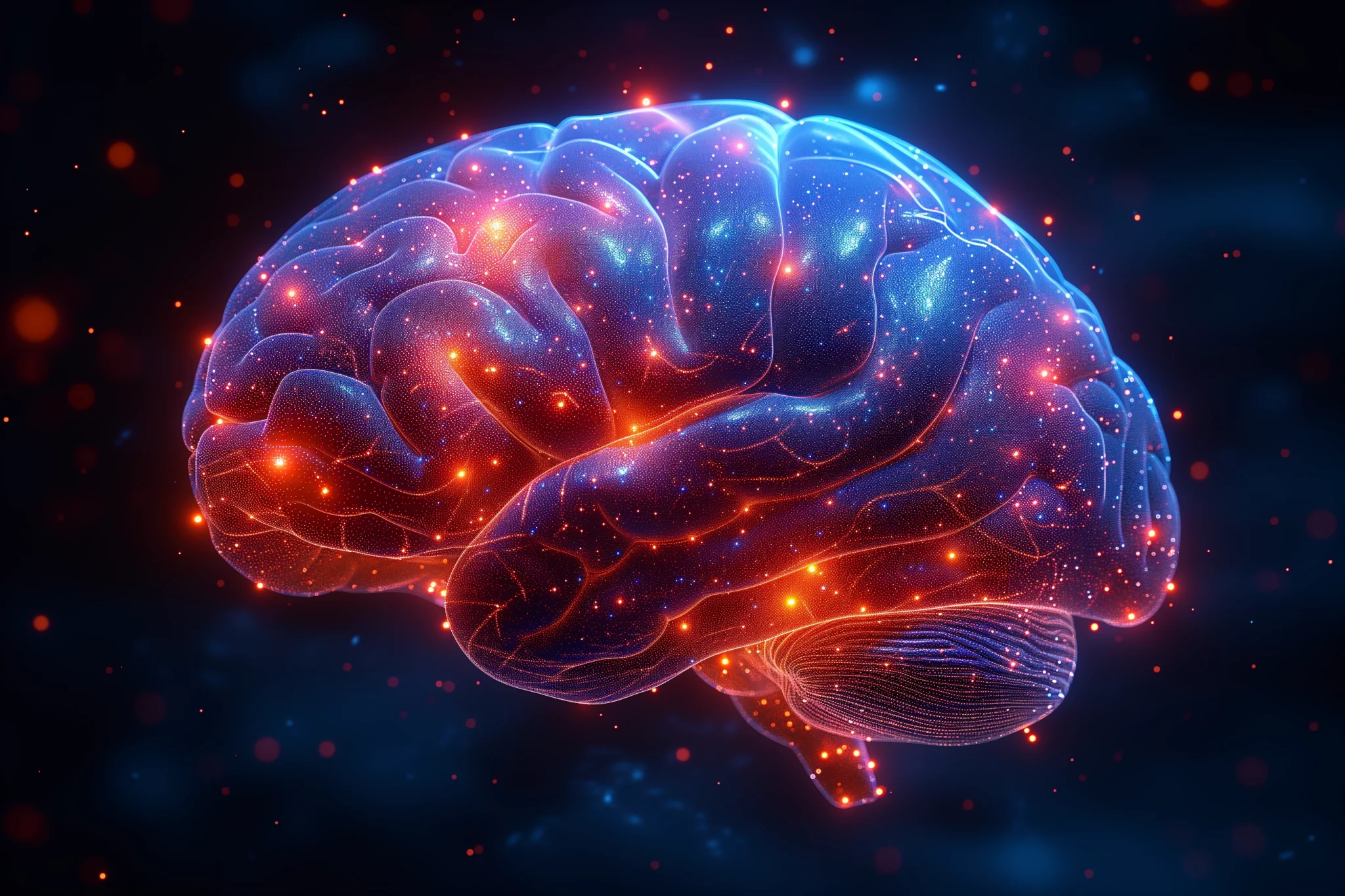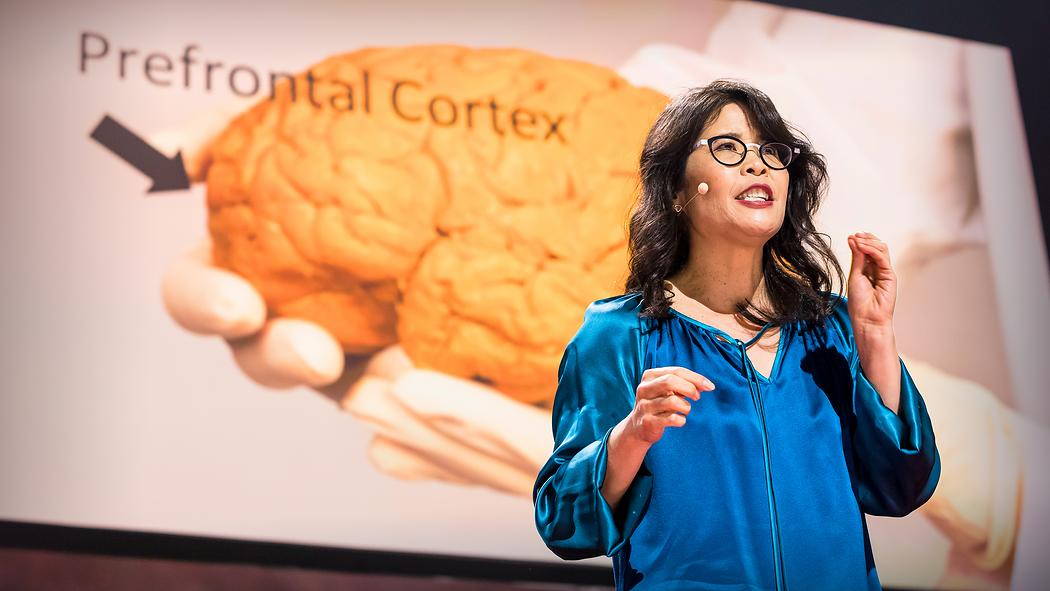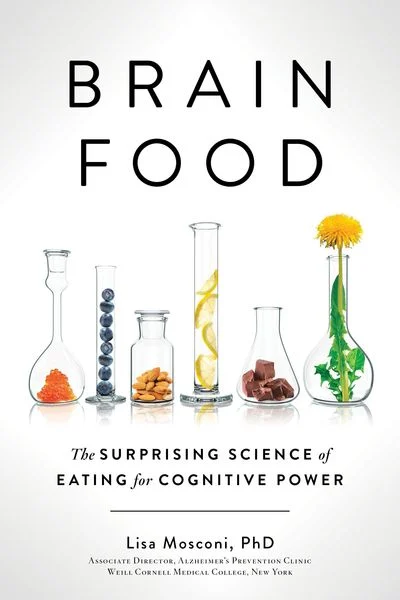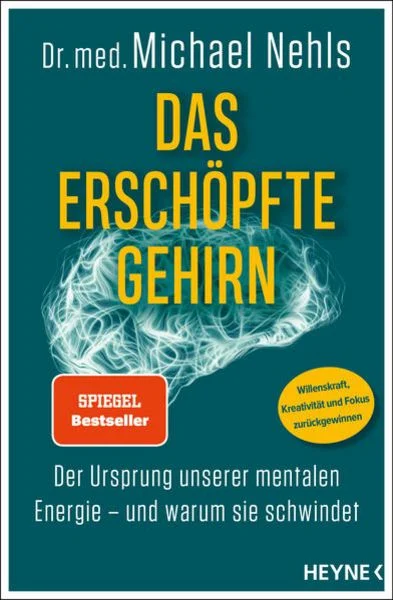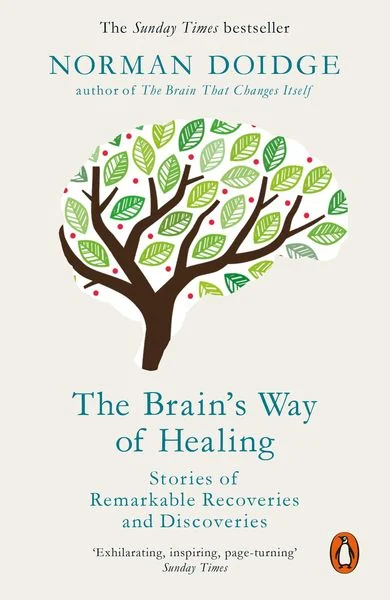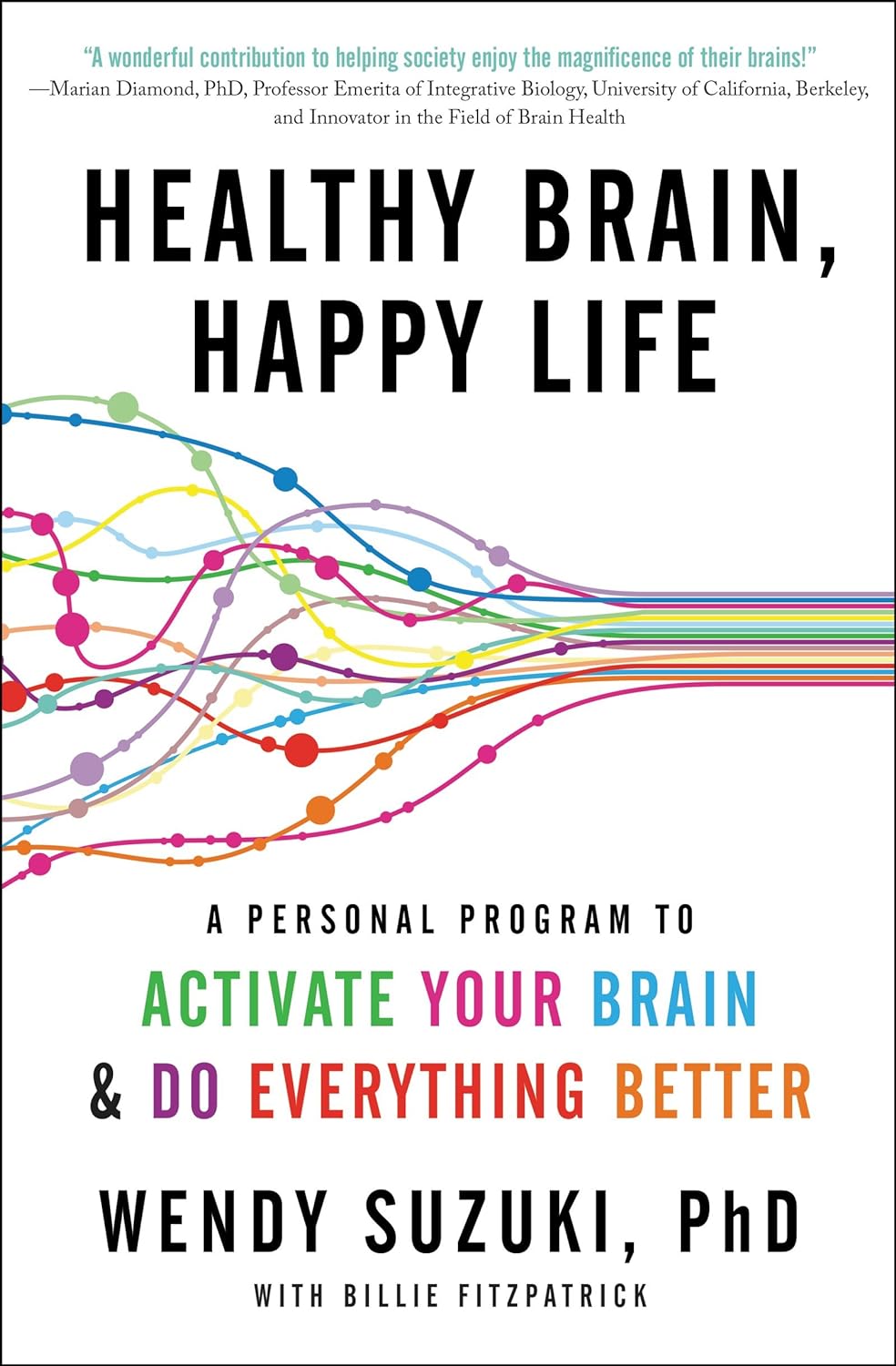In this article, we delve into neuroscience’s treasures, revealing strategies to amplify cognitive abilities. This exploration is not just about understanding the brain—it’s about enriching life’s journey with every drop of wisdom to unlock the potential within, offering tools to harness the full capacity of your cognitive powers.
In a recent episode of the “Huberman Lab” podcast, Dr. Wendy Suzuki, a renowned neuroscientist, unveiled groundbreaking insights on the intersection of exercise and mental health. Here at AVVY, we’re excited to share these revelations, illuminating how your fitness routine can be a key to not just physical, but also cognitive and emotional wellbeing.
The Brain-Body Connection
Dr. Suzuki’s research pivots on a fascinating concept: our brain health is profoundly influenced by physical activity. Engaging in regular exercise isn’t just about staying fit; it’s a catalyst for enhancing cognitive functions, particularly memory and attention.
Exercise as a Memory Booster and a Gateway for Emotional Wellbeing
One of the most striking findings discussed was the impact of exercise on memory and emotional health. The hippocampus, a brain area critical for forming and retrieving memories, thrives on physical activity. At the same time, the amygdala, the brain’s emotional center, becomes more regulated and balanced with consistent physical activity. This means better stress management and a more positive mood, leading to an enriched life experience.
Imagine enhancing your ability to learn and remember, simply by incorporating a daily jog or yoga session into your routine. Imagine your morning walks as cerebral rejuvenation sessions. Aerobic exercises profoundly impact brain function, especially memory and attention. This revelation shows how our daily routines, from brisk walks to swimming, can be potent catalysts for brain health.
Creating Lasting Memories: The Four Pillars
Embrace new experiences, enriching your life’s tapestry with principles like novelty, repetition, association, and emotional resonance, your allies in crafting enduring memories. Each of these pillars plays a unique role. Novelty captures your attention, turning each new experience, like a first-time visit to an exotic locale or a novel art form, into a vivid memory. Repetition, akin to revisiting your favorite literary classics or practicing a musical instrument, reinforces these experiences, embedding them deeper in your memory. Association connects new knowledge to existing memories, creating a rich, interconnected web of experiences. This could be linking a historical fact to a personal travel experience or connecting a new language to familiar words. Emotional resonance, perhaps the most potent, gives color and depth to these memories, ensuring they remain as poignant and vibrant as your most cherished friendships. Together, these pillars are not just scientific concepts but the architects of a memorable, enriching life, fostering connections that bridge the gap between experience and recall.
The Clarity Offered by Meditation
In meditation’s tranquility lies the key to stress reduction and enhanced focus. Imagine this practice as a serene retreat, akin to a peaceful morning in a lush garden, enhancing mindfulness and cognitive capabilities. Meditation isn’t just a moment of quiet; it’s a transformative practice that realigns your mental processes, enhancing your ability to concentrate, empathize, and reflect. Discover different meditation techniques, from mindfulness to focused attention, and understand how each can play a role in enhancing cognitive functions. This journey through meditation is not only about finding inner peace but also about reconfiguring the brain’s responses to stress and stimuli, leading to clearer thinking, improved memory retention, and a heightened sense of mental agility.
Sleep: The Cornerstone of Cognitive Health
Quality sleep is akin to a night at a restorative retreat. Crucial for learning and memory retention, it prepares the mind for days filled with exploration and discovery. Consistent, high-quality sleep patterns are about nurturing a mind ready to absorb and engage with life’s richness. Delve into the science of sleep and its profound impact on cognitive functions. Understand the different stages of sleep, including REM and deep sleep, and how they contribute to consolidating memories and processing information. By prioritizing sleep, you’re not just resting your body; you’re ensuring that your brain remains at the peak of its cognitive capabilities.
Real-World Applications: A Life Rich in Experience
These neuroscience insights enhance engagement in cultural events and intellectual pursuits. They refine skills in hobbies and enrich connections with diverse ideas, transforming every experience into an opportunity for cognitive enhancement. Whether it’s mastering a new skill, engaging in meaningful community work, or simply enjoying a stimulating conversation, these insights provide the tools to make each moment more impactful and enriching, fostering a life of continual learning and cognitive growth.
Conclusion
As we strive to enrich our lives, understanding the science behind our wellbeing becomes crucial. At AVVY, we encourage you to take these insights to heart. Engage in regular exercise, not just as a fitness goal, but as a commitment to your cognitive and emotional well-being. Let’s embark on this transformative journey together, exploring and shaping a world where wellness is intertwined with every aspect of our lives.



